Beyond the positive environmental effect, manufacturing payment cards using sustainable materials provides numerous benefits for the card manufacturing industry. Consumers are increasingly environmentally conscious and seeking sustainable products. Offering eco-friendly cards demonstrates a commitment to social responsibility, attracting ethically-minded customers. A recent Mastercard survey revealed that 85% of consumers are willing to take personal action to combat environmental and sustainability issues.

Joe Pitcher, vice president, industry standards at Mastercard and a member of the International Card Manufacturers Association (ICMA), presents the advantages of utilizing sustainable card materials and the impact Mastercard’s Sustainable Card Program will have on card issuers and suppliers.
Sustainable Card Materials Advantages
The environmental and business advantages to utilizing sustainable card materials include:
- Diminished environmental impact – Using recycled, bio-based or other eco-friendly materials can considerably reduce the card industry’s reliance on first-use polyvinyl chloride (PVC), leading to reduced fossil fuel usage, less air and water pollution and minimized environmental toxins.
- Reduced waste – Sustainable materials often have shorter lifespans and are easier to recycle, leading to less waste ending up in landfills and oceans.
- Increased regulatory compliance – Certain organizations and regions are applying regulations that facilitate or even mandate sustainable materials usage due to growing pressure to reduce plastic waste. Avoid compliance challenges in the future by pioneering change in this area.
- Innovation and cost savings opportunities – Research and development in sustainable card materials is continually advancing, which presents opportunities for innovation and ultimately cost savings.
- Competitor differentiation – By offering sustainable cards, the card manufacturers can access a growing market segment and differentiate themselves from competitors.
- Favorable brand perception – Using sustainable materials enhances a brand’s image as environmentally responsible, which can attract new customers.
It’s crucial to remember that moving to sustainable card materials could require an initial financial investment, along with modifications to the production processes. However, for progressive card manufacturers, the long-term advantages and rising consumer demand for eco-friendly products make it a strong consideration.
Sustainable Card Program
Mastercard’s Sustainable Card Program is an ongoing initiative, working with industry partners and customers globally to reduce the amount of first-use PVC in payment cards. Mastercard has established its own requirements, standards and testing procedures in an effort to help card manufacturers and card issuing banks reduce the need for first-use PVC within their products.
Mastercardwanted to engage with the entire industry and lead the charge to a more sustainable future. To do this, the program is designed around rigorous multi-layered testing and, ultimately, certification to ensure everyone is working toward the same goal. As an industry, it’s important to encourage discussion and give the market a standardized approach.
Payment Card Industry Impact
Mastercard recognizes the opportunity for the industry to move forward and reduce the demand for first-use PVC. Simultaneously, it recognizes that without a strong direction and leadership, change would occur slowly and sporadically. Mastercard taking a leadership role has given clear direction to the industry, which boosts confidence, helps to accelerate growth and reduces cost for everyone.
So, what does this mean for card issuers and suppliers? Card issuers must no longer issue cards made from first-use PVC after Jan. 1, 2028. They must migrate to approved products that have been qualified through Mastercard’s Sustainable Card Program. Card suppliers must no longer produce cards made exclusively from first-use PVC after that date and must submit their cards for approval under Mastercard’s independently audited program.
If you’re interested in learning more, attend the presentation The Mastercard Sustainable Card Program at the ICMA EXPO on May 15 at 9 a.m. Find the full agenda at ICMA.com.
More Insights on Card Trends
For more than 30 years, ICMA has represented the interests of the card manufacturing industry—which includes manufacturers, personalizers, issuers and suppliers—as its leading global association.
Throughout the year, ICMA members have the opportunity to share insights and knowledge by giving presentations during ICMA webcasts and events. The association’s main event is its annual Card Manufacturing & Personalization EXPO. The 2024 EXPO will take place from May 13-16 in Orlando, Florida.
ICMA offers regular educational opportunities, including ACE-Manufacturing, ACE-Personalization and ACE-Advanced Technologies training and exams at the ICMA EXPO. ICMA also offers ACE-Commercial training, which provides sales, marketing, customer service and other key personnel at ICMA member companies with the opportunity to learn the fundamentals of card manufacturing.
Learn more about the benefits of ICMA membership.
